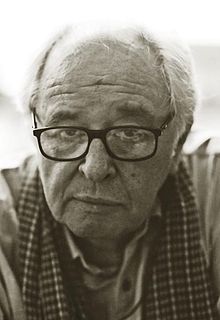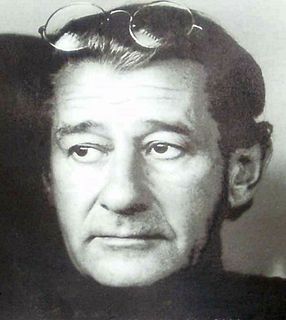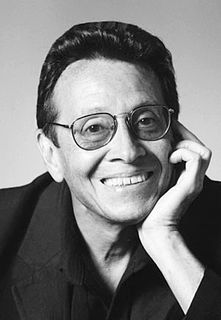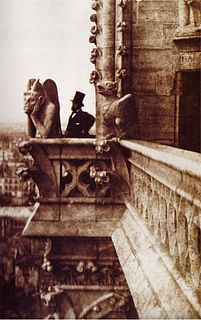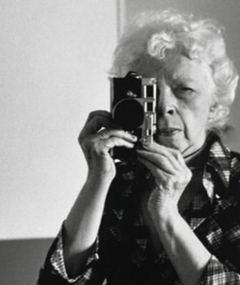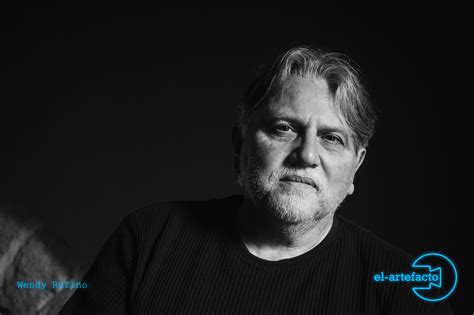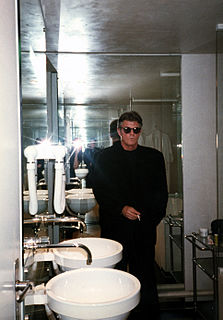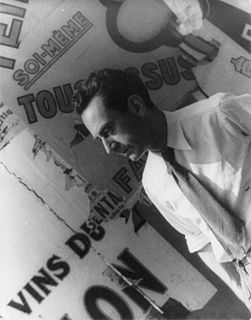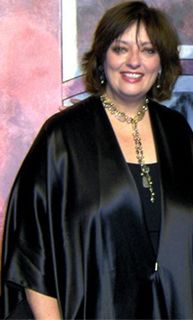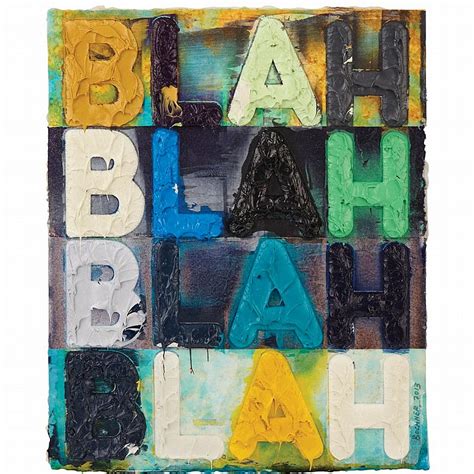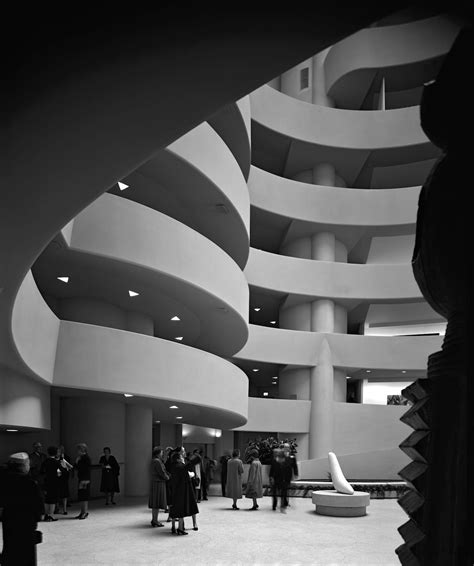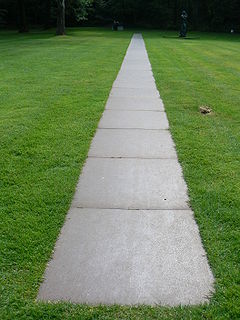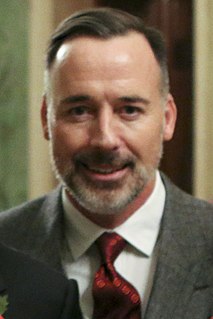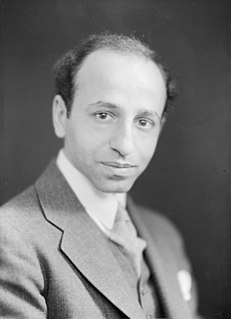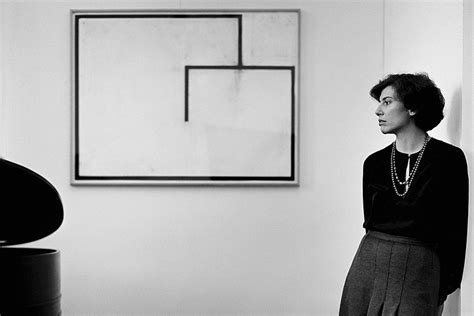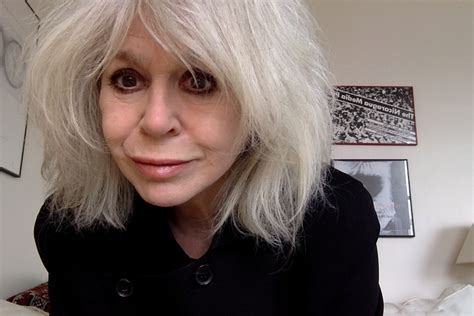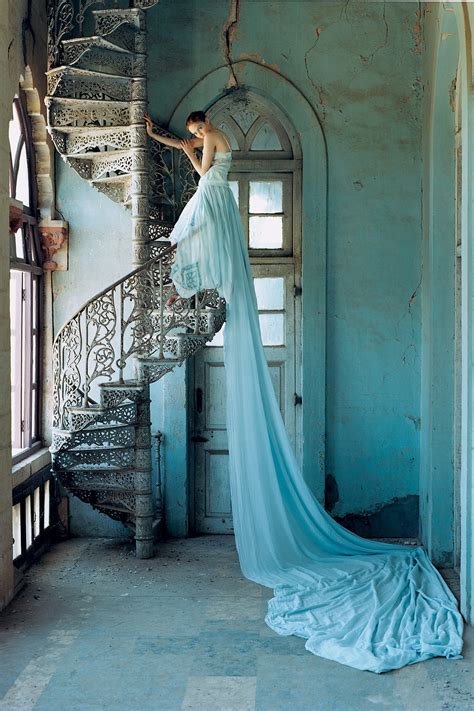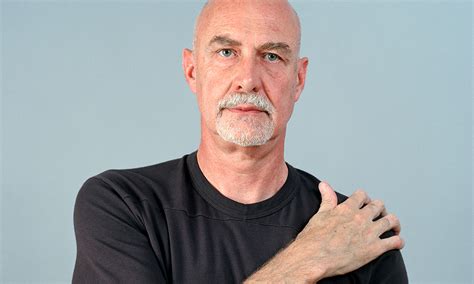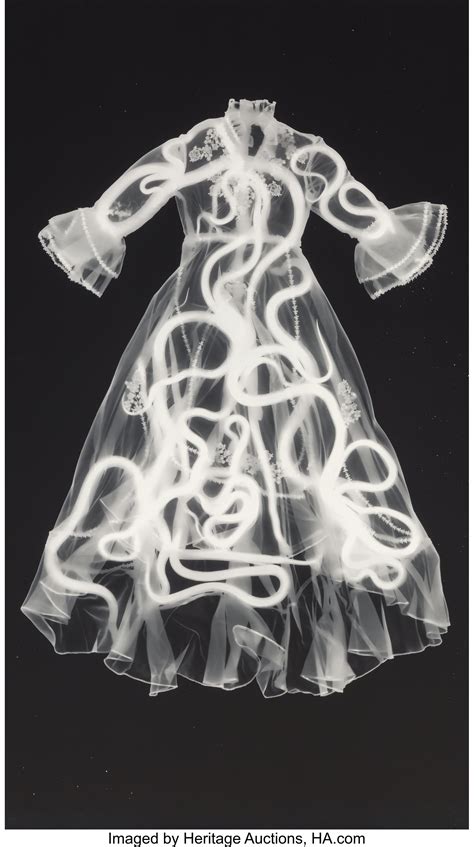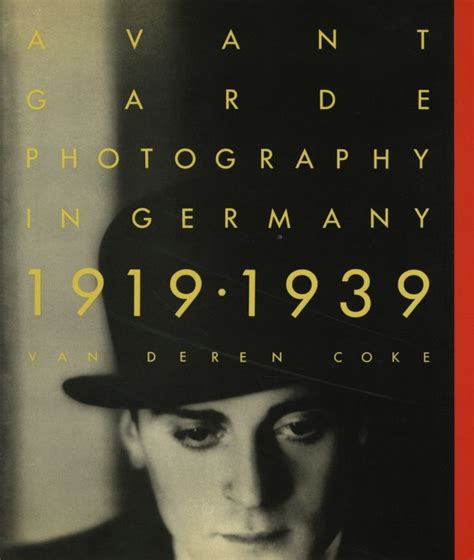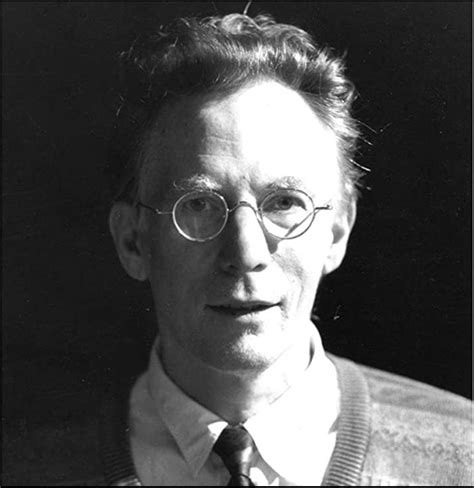Top 1200 Art Photography Quotes & Sayings
Explore popular Art Photography quotes.
Last updated on April 15, 2025.
Only recently serious research into the relationship between photography and art has taken place. Why has it been so long in coming ? In some respects historical research is analogous with that of science. The bringing to light of factual material and the development of ideas is to a large extent cumulative. But when artists themselves were, from about 1910, beginning to tear down the bastions protecting Art in its ivory tower, questioning the idea of Art with a capital 'A', photography was inevitably to assume a new stature both in the eyes of artists and the public, too.
Photography was increasingly being seen as something outside the art world. As a sort of illustration. They just fired the director of photography at the Sunday Times Magazine - that's where everyone went with their photo essays in the '60s, '70s, and '80s. It was the place to get published. It is an issue. And I feel it. There's no budget. The budget-holders are very often people who've been to the professional colleges where art is not taught. So art as a part of education is something that's missing - since Thatcher's day, anyway.
At one point cinema and photography weren't treated as art. Now it's crazy to think they're not. The key question is "What is art today?" The most important artists of the last 20 years are Steve Jobs and Jonathan Ive, because the influence they have had is incredible and they've changed the world. That is art.
The very act of representation has been so thoroughly challenged in recent years by postmodern theories that it is impossible not to see the flaws everywhere, in any practice of photography. Traditional genres in particular-journalism, documentary studies, and fine-art photography-have become shells, or forms emptied of meaning.
To know whether photography is or is not an art matters little. What is important is to distinguish between good and bad photography. By good is meant that photography which accepts all the limitations inherent in photographic technique and takes advantage of the possibilities and characteristics the medium offers. By bad photography is mean that which is done, one may say, with a kind of inferiority complex, with no appreciation of what photography itself offers: but on the contrary, recurring to all sorts of imitations.
I collect art on a very modest scale. Most of what I have is photography because I just love it and it makes me happy and it looks good in my home. I also have a pretty big collection of art books mainly, again, on photography. A lot of photography monographs, which is great because with photography, the art itself can be reproduced quite well in book form.
To speak technically photography is the art of writing with light. But if I want to think about it more philosophically, I can say that photography is the art of writing with time. When you capture an image you capture not only a piece of space, you also capture a piece of time. So you have this piece of specific time in your square or rectangle. In that sense I find that photography has more to do with time than with light.
The traditional difficulty of balancing the mechanical with the imaginative schools of photography still operates. In schools of photography meaningful art education is often lacking and on the strength of their technical ability alone students, deprived of a richer artistic training, are sent forth inculcated with the belief that they are creative photographers and artists. It is yet a fact that today, as in the past, the most inspiring and provocative works in photography come as much (and probably more) from those who are in the first place artists.
By exposing the multiplicity, the facticity, the repetition and stereotype at the heart of every aesthetic gesture, photography deconstructs the possibility of differentiating between the original and the copy. [Photography calls] into question the whole concept of the uniqueness of the art object, the originality of the author, the coherence of the oeuvre within which it was made, and the individuality of so-called self-expression.
I was attracted to photography because it was technical, full of gadgets, and I was obsessed with science. But at some point around fifteen or sixteen, I had a sense that photography could provide a bridge from the world of science to the world of art, or image. Photography was a means of crossing into a new place I didn't know.
Has it led you to the conclusion that photography is an art ? Or it is simply a means of recording ? "I'm glad you asked that. I've been wanting to say this for years. Is cooking an art ? Is talking an art ? Is even painting an art ? It is artfulness that makes art, not the medium itself. Of course photography is an art - when it is in the hands of artists."
To us, the difference between the #? photographer as an individual eye and the photographer as an objective recorder seems fundamental, the difference often regarded, mistakenly, as separating photography as art from #? photography as document. But both are logical extensions of what photography means: note-taking on, potentially, everything in the world, from every possible angle.

